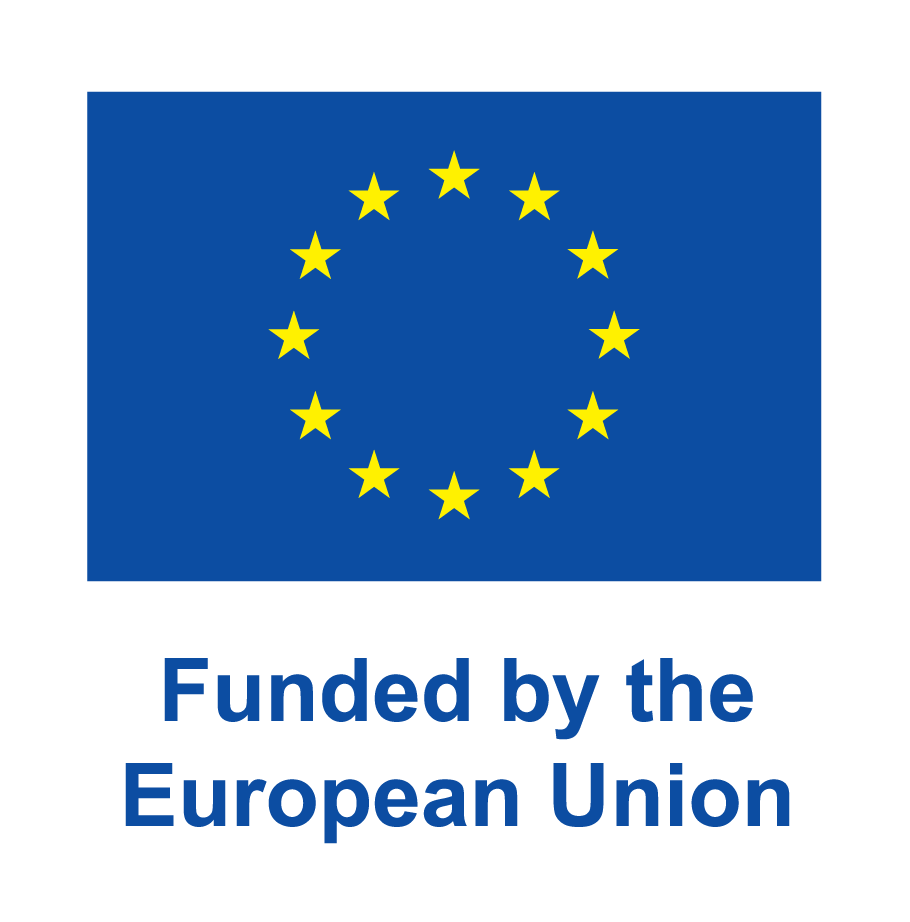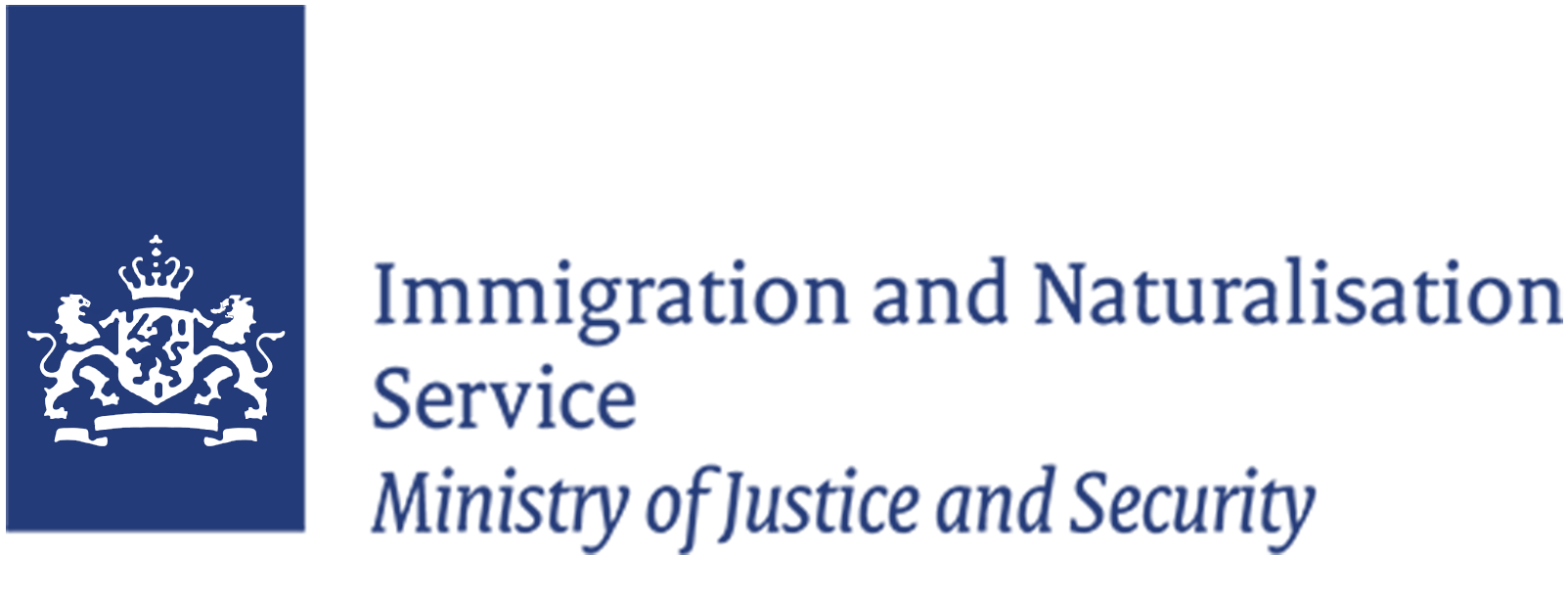In the EU, only Finland, France, Italy and the Netherlands structurally involve migrants from non-EU/EFTA countries to shape their national migration policies. The Netherlands does so for policies related to the resettlement and temporary protection of Ukrainians. This follows from an information request (ad-hoc query) from EMN Netherlands to EU Member States, through which the Netherlands takes stock of whether countries involve or consult migrants in decision-making and which approach is successful.
Four EU-countries involve migrants in migration policies
How and when to involve migrants
The 4 countries mainly consult migrants through advisory councils, working groups and consultations. Migrants can be approached at different stages of policy development. For instance already during data collection or at a later stage, during implementation or evaluation. To make contact, Finland uses mailing lists and Italy uses associations. The Netherlands has set up a system to exchange information with displaced persons from Ukraine who reside here under the Temporary Protection Directive. They are approach through focus groups such as the Refugee Resettlement Advisory Group (RRAG), which contacts resettled refugees. The Netherlands also approaches key figures within the community of displaced persons from Ukraine directly, through social media, the Ukrainian embassy or through direct solicitation from the Ministry of Asylum and Migration.
Only France allows migrants to volunteer, the other countries have selection criteria for participation. France is also the only country that uses an external party, namely the Academy for Refugee Participation which facilitates the process and acts as a bridge between government agencies, NGOs and refugees.
Inclusiveness and open communication
For a successful approach, the Netherlands and Italy point to the importance of migrants' own input through a wide range of online platforms. According to Italy, digital tools ensure that distance and logistics are not obstacles. Moreover, for broad representation of all voices, the Netherlands says it is important that platforms vary in size and reach. The Netherlands also considers managing the expectations of the migrants involved important. Being clear in advance about what can realistically be achieved with the input is essential. Italy stresses the importance of continuously processing feedback from migrants to build trust and ensure that something is done with the input.
Build trust
According to Finland, it is important to involve migrants at an early stage. Discussing sensitive issues early on helps to avoid misunderstandings and build trust. France focuses on raising awareness to make all stakeholders see the value of initiatives in this area. It is important, according to France, to promote active participation of migrants by pointing out that it not only leads to more effective policies, but can also help them develop skills and increase their professional networks.
Other forms of participation
Although 18 EU Member States (AT, BE, HR, CY, CZ, EE, DE, GR, HU, IE, LV, LT, LU, PL, PT, SK, SI, SE) do not formally involve migrants during the process of developing national migration policies, some countries do engage in informal discussions. Estonia, Ireland and Slovakia, for example, give the public, non-profit organisations and international organisations the opportunity to give their opinions on strategic documents and policies affecting migrants. Germany includes the input of migrants in policy-making on voluntary return and labour market integration of refugees. In Greece, there are migrant and refugee advisory bodies at municipal level (Migrant and Refugee Integration Councils).
Participating countries - Austria (AT), Belgium (BE), Cyprus (CY), Estonia (EE), Finland (FI), France (FR), Germany (DE), Greece (GR), Hungary (HU), Ireland (IE), Italy (IT), Croatia (HR), Latvia (LV), Lithuania (LT), Luxembourg (LU), Netherlands (NL), Poland (PL), Portugal (PT), Slovakia (SK), Slovenia (SI), Czech Republic (CZ), Sweden (SE)
*EFTA: The European Free Trade Association (EFTA) is the intergovernmental organisation of Iceland, Liechtenstein, Norway and Switzerland for the promotion of free trade and economic integration.
** An information request (ad hoc query) is an EMN instrument used to collect information on migration and asylum policy in the EMN Member and Observer Countries.


